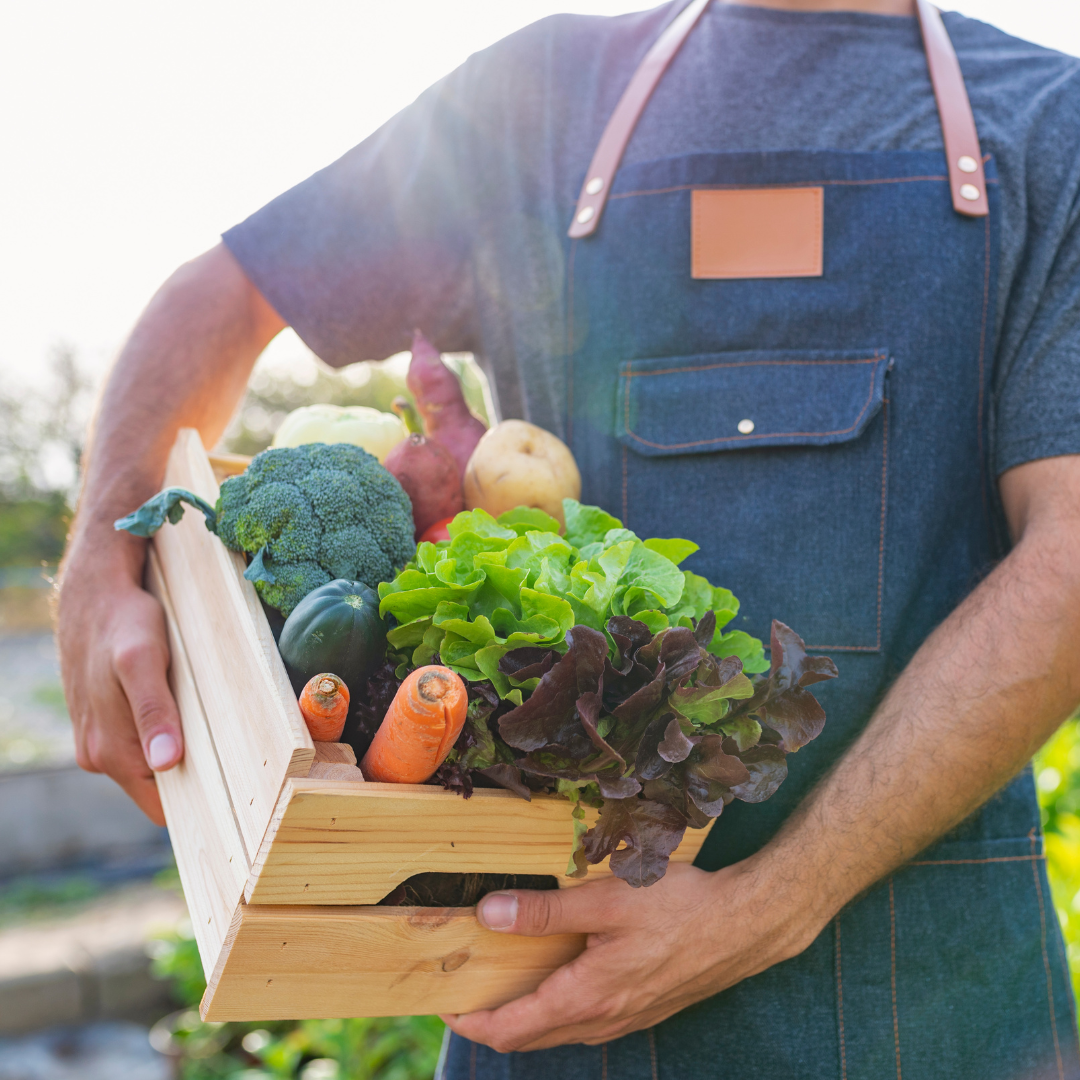
How to eat organic on a budget
How to eat organic on a budget
The way we farm and eat can make a world of difference. Organic is an 'agroecological' farming system that offers many benefits.
However, even if organic food isn't available in your area, there are still ways to minimise or avoid pesticide and chemical contamination in your food while keeping costs down.
What Is Organic Farming?
Organic farming joins the dots between our own health and the health of our planet, our animals and our wildlife:
- Fewer pesticides
- Fewer additives and preservatives
- No GM ingredients
- Reduced use of antibiotics
- More resilient farms
- Nutritionally different food
Eating organic food means supporting a way of farming that works for people long into the future – from farmers out in the fields to those tucking in at home.
First, prioritise whole foods over processed foods. Processed foods, even organic ones, often carry a higher price tag than whole foods. They may also contain unnecessary additives. Increasing plant-based whole foods can help you stay on budget while still being creative about what you buy and eat.
Tip 1: Follow These Money-Saving Tips
Buying in bulk and cooking in batches is a tried and true way to reduce your grocery bills. Buy foods that have a longer shelf life, like grains, beans, and vegetables such as sweet potatoes and onions.
Tip 2 : Utilise Your Freezer and Cook Larger Amounts of Food From Scratch
Think soups and casseroles — that can be frozen and defrosted on demand. If you need some inspiration, try out our membership Synergised Platform, you can get a 7 Day Free Trial!
Tip 3: Start At The Source
Visiting local farmers markets can introduce you to the smaller organic farms in your region and help you increase your daily intake of seasonal, local plant sources. Organic seasonal produce may even be cheaper than fruits and vegetables shipped internationally to your grocery store.
Tip 4: Make More Plant-Based Meals
Reducing your intake of meat and other animal products can really make a difference in your grocery budget, your carbon footprint and the importance of considering the quality of the meat on offer.
Tip 5 : Grow Your Own Fresh Produce
Whether you have space for a backyard veggie garden or a small balcony filled with individual potted vegetables, you can grow organic anywhere. You might also consider joining or starting a local community garden.
The Bottom Line
Eating healthier, nutrient dense foods that nourish your body will promote longevity and have a huge positive effect on your overall health and well-being.
Start mixing these into your weekly meals and feel the difference!
For more tips on hormone health and nutrition, head to the Synergised platform and become a member!

Follow Our Instagram For Exclusive Content





 د.إ / AED
د.إ / AED



Leave a comment